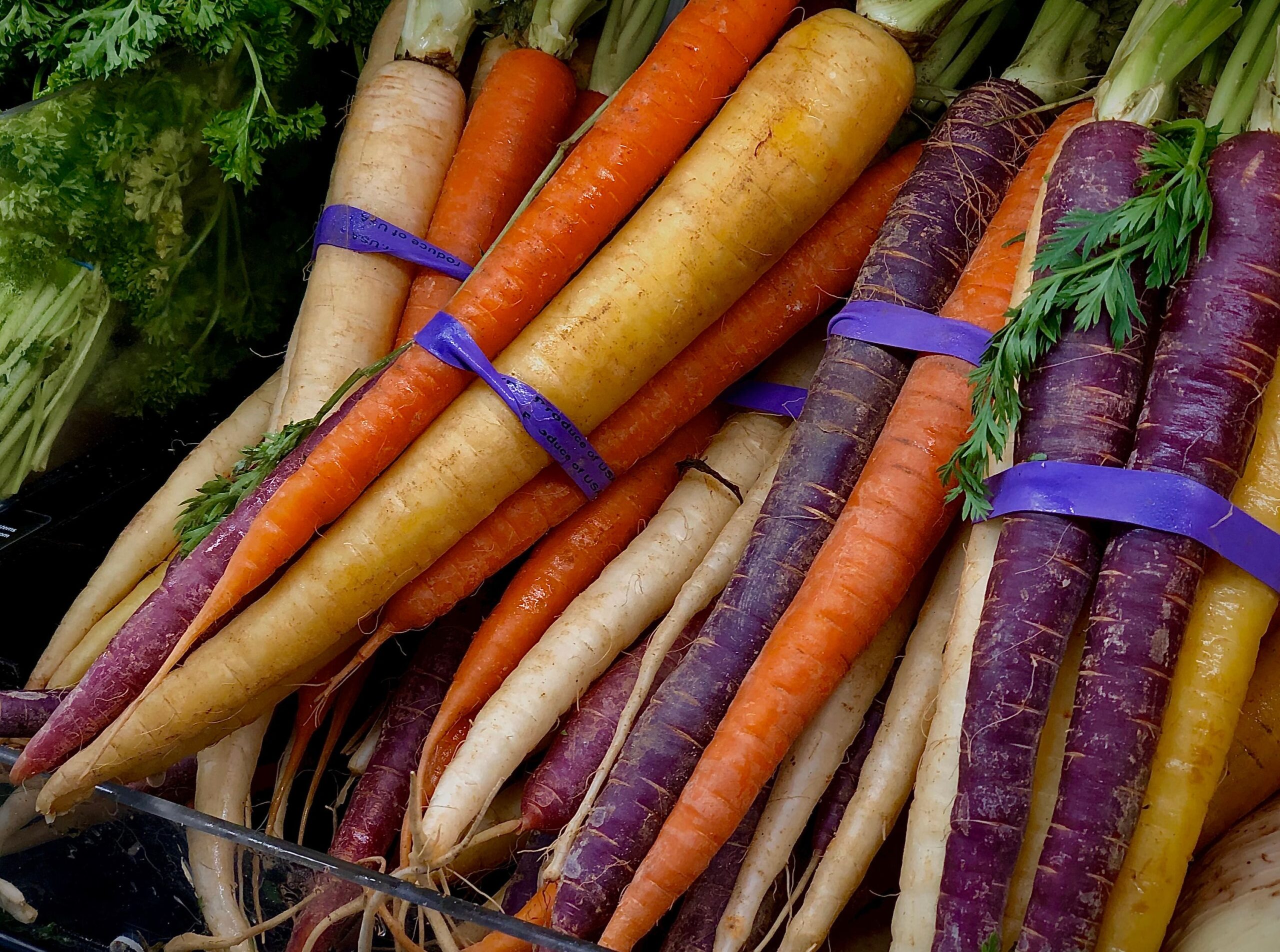Should you grow heirloom vegetables?
Sowing heritage seeds can result in better flavour, a true connection with nature and hope for the future, expert Ellen Ecker Ogden explains
When we can buy so many vegetable and flower seeds designed to give us great harvests, why would we want to search harder, and possibly spend more, for heirloom varieties?
Conservation of edibles that may have been grown by your grandparents, feeling more connected to nature and being aware that the seed you are sowing hasn’t been tampered with, is all part of it, says garden lecturer Ellen Ecker Ogden, author of The New Heirloom Garden, a guide to having a beautiful and self-sufficient garden, in which she shares the secrets of heritage vegetables, herbs, and flowers.
“Many of the best tasting fruits and vegetables are heirloom varieties because often the breeding companies have been breeding for a bigger, better, taller, stronger, disease-resistant plant, and have not been paying attention to what cooks really want in terms of flavour,” says Ecker Ogden, who is a keen cook herself.
View this post on Instagram
As the need for responsible, ethical growing continues to nip at the consciences of gardeners, some are moving towards a more organic approach by selecting seeds that haven’t been genetically modified to make the harvest more uniform and disease-resistant.
So why would you opt for heritage seeds?
Heritage over hybrid
F1 hybrid seeds, the ones so many of us buy, are produced through the manual cross-pollination of two related parent plants that offer particular growing traits. For instance, one parent may taste great while the other might produce large fruits and from that, breeders can produce a seed which, when grown, will possess both traits.
However, in future years, saved seeds from hybrid plants may produce different results in either taste or appearance, so it may not be worth saving the seed. “It may be inconsistent,” says Ecker Ogden. “It may not germinate at all and it can cross pollinate so easily.”
View this post on Instagram
Heirloom seeds are open pollinated, meaning they’ve been pollinated naturally by insects, birds and the wind. They cross pollinate randomly, so you may have a different result in subsequent years, but you are letting nature take its course. Also, they may develop a natural tolerance for regional conditions, she notes.
They’re not necessarily more expensive
The work that goes into hybridisation to cross-match beneficial traits of two parent plants is time-consuming and costly. So unless the heritage seed is extremely rare, you shouldn’t be paying more for it, notes Ecker Ogden. And you can cut your seed bill year on year by saving seeds from your heritage plants, she observes.
They generally taste better
“Carrots, for example, used to be sweeter than they are now. Today, they are bred to have really strong tops so they can be mechanically harvested, and a lot of the flavour from the roots has been taken away in order to increase the productivity,” says Ecker Ogden.
View this post on Instagram
“Tomatoes are the biggest example. Most people who grow tomatoes in my region will grow some heirlooms which aren’t necessarily as disease-resistant as some of the hybrids, but better flavour comes from ‘Brandywine’, ‘Big Rainbow’ and ‘Green Zebra’.
They continue a legacy
“A lot of these heirloom seeds have been handed down and they get stories around them and you can research the heritage. It creates a curiosity of wanting to know the story behind the seed, creating a sense of longevity,” she says.
Many heritage veg are unusual colours and enjoy a lack of uniformity, which gives us a connection to the past. Keeping history alive is all part of it as we grow vegetables enjoyed by previous generations, Ecker Ogden adds.

They produce better plants for pollinators
“Growing heritage seed encourages more pollinators because they are closer in relationship to original plants,” she notes. Not only will growing heritage seeds support conservation of traditional and unusual vegetable varieties for future generations, they also promote biodiversity.
Heirlooms connect you with nature
“It’s about the cycle of life. When you have a seed you’ve put in the ground, seen it grow and then save the seed for the following year, you are creating that connection with your garden that takes it to a higher level.”
You can swap them
“I save the seeds and give little seed boxes as gifts to my friends of varieties I grew in my garden. Then they can do the same – it feels like a wonderful sharing circle that you wouldn’t join if you just went out and bought seed packets,” says Ecker Ogden.
View this post on Instagram
Where can you buy heirloom seeds?
They are more widely available than you might think. Heritage seed specialists include the charity Garden Organic, while companies including Chiltern Seeds, Plants Of Distinction, Pennard Plants and The Organic Gardening Catalogue also supply them.
The New Heirloom Garden by Ellen Ecker Ogden is available at Amazon.
The Press Association
Latest posts by The Press Association (see all)
- What you need to know about weight loss jabs and how to make them work effectively - April 25, 2025
- Is our skin more susceptible to sun damage as we age? - April 25, 2025
- Special stamps to mark 80th anniversary of VE Day - April 24, 2025
- Test your knowledge with our penguin-themed quiz - April 24, 2025
- Prince Louis shows off missing front teeth in new photo to mark seventh birthday - April 23, 2025



















